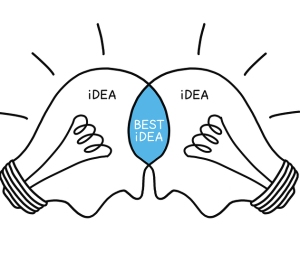Thinking Through a Different Lens
During my time at the Tamarack Community Change Institute, I noticed that many peoples’ focus was squarely on bringing techniques, tools and strategies back to their communities that could strengthen not only the work that they were doing, but act as a framework for future opportunities amongst partners, participants and others that have not yet come to the table.
Although, this insistence on an applicable, packaged toolkit may steer us in a direction that helps to bring ideas and actions forward quickly, it also has a downside. There is a way of approaching change, a concentration on philosophy, on values, on process that needs to be melded into the activities that we do in order to see sustainable impact.
Read More






